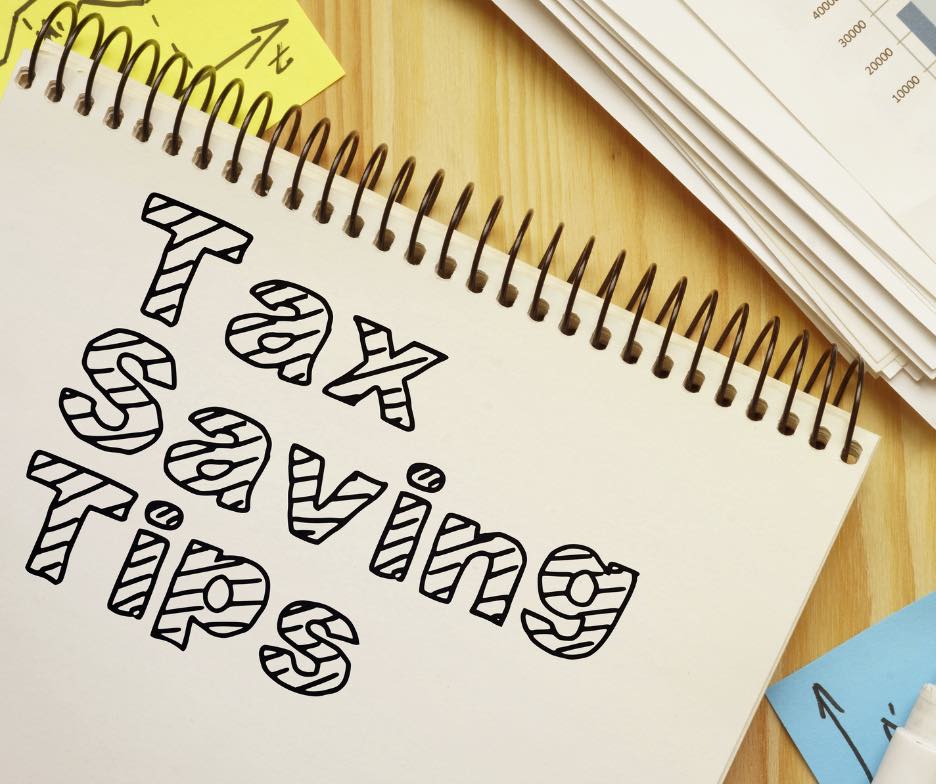
Tax is one of life’s certainties and it has a purpose: the money it raises is for the benefit of the economy and those who live in it. In today’s society, it contributes to our welfare and social services, the NHS, our defence services, education, infrastructure, industry… and that’s not an exhaustive list!
How much tax we pay is directly related to our taxable profit (or income as an individual), so it’s important that it gets calculated correctly. Naturally, you don’t want to end up paying more tax than you need to. There are legitimate ways to reduce your profit (or income) and therefore the amount of tax you pay which is what we’ll cover in this blog.
The difference between tax relief and tax avoidance
Some people get nervous when the words ‘tax’ and ‘saving’ are coupled together. The correct terminology to use is tax relief.
Tax reliefs exist to benefit the taxpayer and the government actively encourages you to claim them. They are not tax avoidance schemes! Tax avoidance is against the law and carries very punitive penalties.
The importance of planning for the tax you’ll pay
The tax relief landscape has changed significantly over the years so tax planning has increased in importance for just about everybody. You need to understand what tax reliefs are open to you from a corporate and personal tax perspective or risk losing out. There’s no one-size-fits all when it comes to tax advice – what we’re offering here is some general guidance on the areas you should be looking into.
Legitimate ways to reduce the amount of tax you pay
1) Know (and diarise) your tax deadlines!
If you pay your tax on time, you’ll avoid the unnecessary cost of penalties and interest being applied to the amount you owe HMRC. Money spent on penalty fees and interest is simply a waste. All you need is a bit of forward planning and good record-keeping.
2) Utilise your tax-deductible expenses
Everyone has expenses associated with running their business and there are lots of expenses which you can claim tax relief against. These tax-deductible expenses all add up, so preferably use accounting software to keep accurate records of them.
3) Take money out of your business tax-efficiently
The amount of tax you are liable to pay is directly related to your taxable profit, so utilising methods to reduce your profit before tax is calculated will reduce the amount you pay. The legal ways of taking money out of the business are through salary, dividend, pension, and bonuses. The best advice here has changed a lot over the years but should always come back to what your personal and company financial goals are.
4) Tax reliefs can also be applied to the investment of capital items in your business
Bigger purchases, like computers or machinery, can also be treated as a deduction against tax to reduce your tax liability. Here you use capital allowances which allow you to deduct some or all of the value of an item from your profits before you pay tax. Some allowances, First Year Allowances even allow you to deduct the full cost from your profits before tax
5) Tax Reliefs for personal income
Everyone has a personal allowance, but this will be reduced if your total income goes over £100k. Allowances for Dividend and Interest on Savings are also available to reduce your personal tax liability. If you are an employee only of a business, you should consider pension payments to a pension fund to help reduce your tax exposure.
Personalised tax advice will save you the most
We’ve offered our best ‘general’ tax relief advice in this blog to help as a guide. The fact is, every business is individual and therefore different tax reliefs and allowances will apply. We’d love to be in a position to say to everyone reading “this advice definitely applies to your business” but unfortunately that’s not the case. There are lots of factors to consider which is why tax planning has become so important to business owners
Tax reliefs and allowances have changed a lot in the last few years and if you don’t keep a watchful eye on where they are, you could find yourself landing in a tax threshold you weren’t expecting.
The best port of call if you’re unsure is to ask your accountant. They can consider the tax perspective of both the business and you as an individual and advise accordingly.